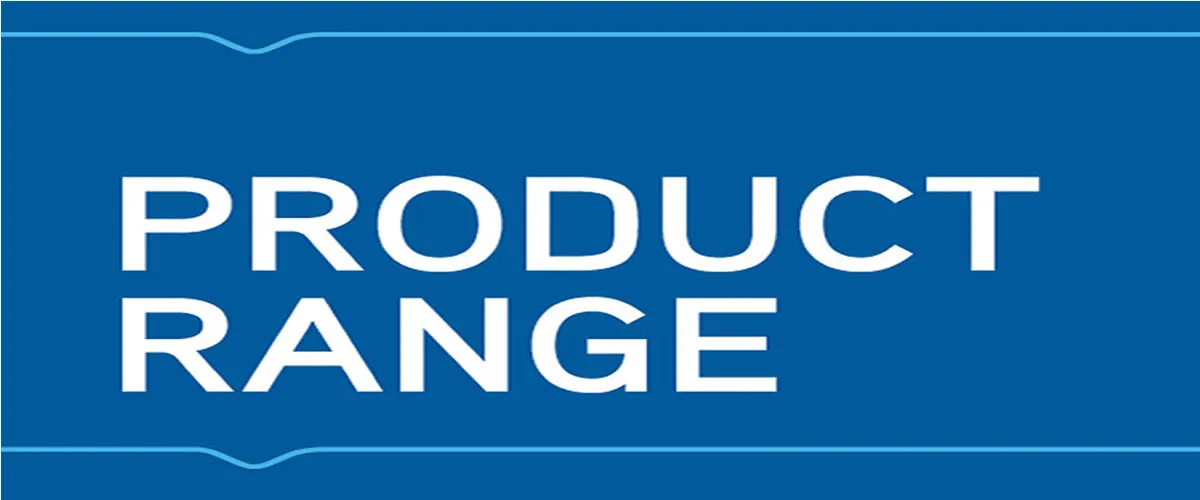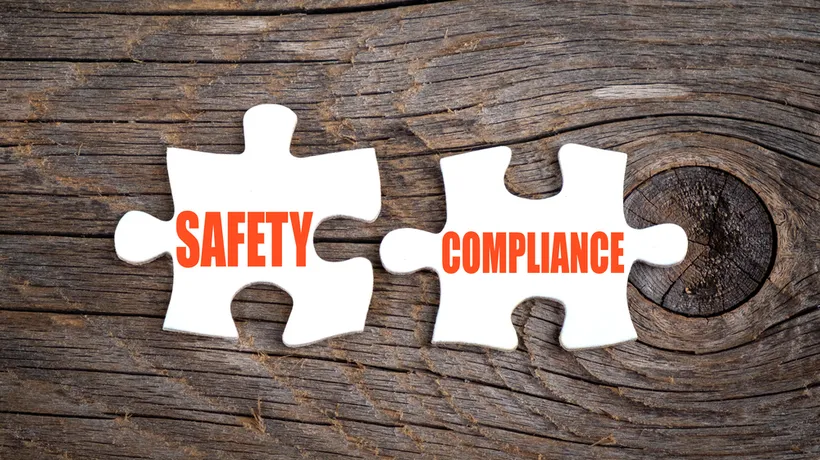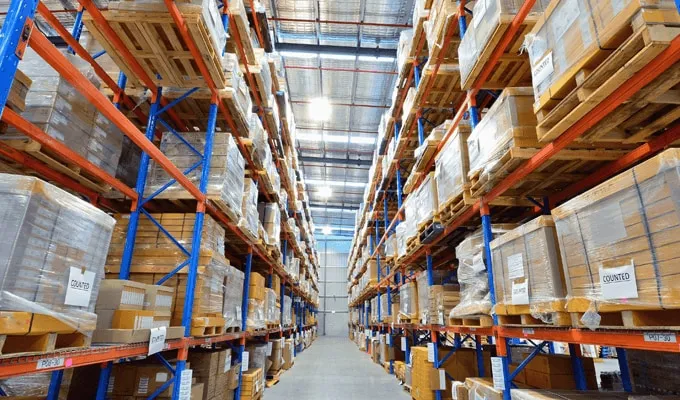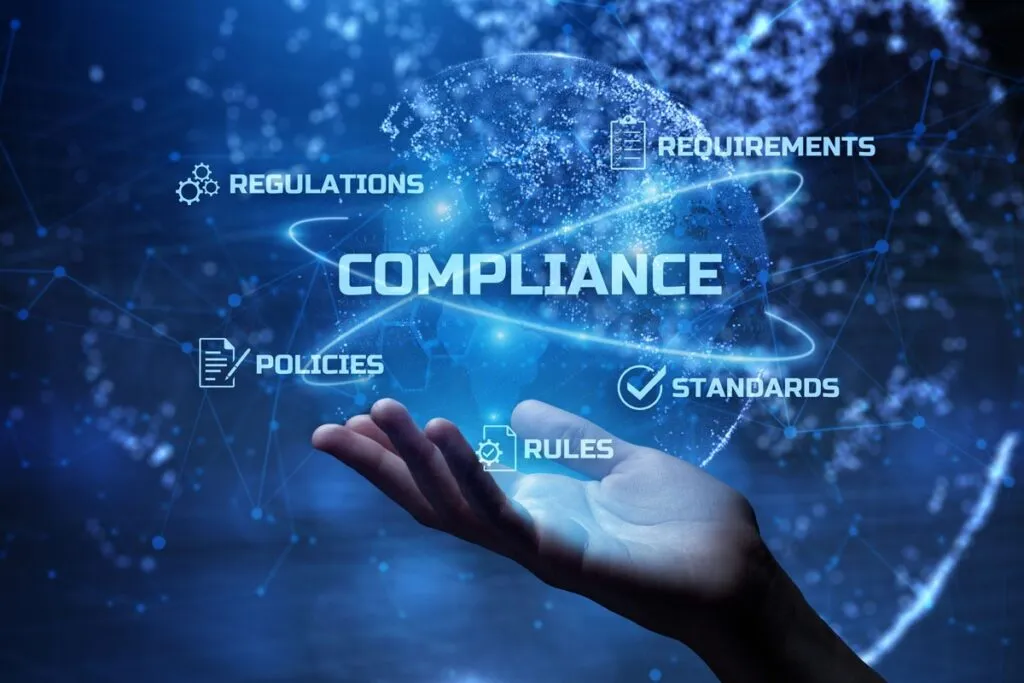1.Understanding Customer Needs:
- Identify the specific industries or sectors you want to target (e.g., pharmaceuticals, agriculture, manufacturing, research).
-
Understand the types of chemicals and quantities needed by potential customers in those sectors.
2. Product Range:
- Build a diverse product portfolio that includes chemicals suitable for different applications.
-
Categorize chemicals based on their purpose, such as laboratory reagents, industrial chemicals,
agricultural chemicals, and specialty chemicals.
3. Quality Assurance:
-
Ensure that all supplied chemicals meet high-quality standards and adhere to relevant industry regulations.
-
Source chemicals from reputable manufacturers and suppliers.
4. Safety Compliance:
-
Provide safety data sheets (SDS) and information on proper handling, storage, and disposal of each chemical.
-
Stay informed about safety regulations and compliance requirements for the chemicals you supply.
5. Packaging:
- Choose appropriate packaging for each chemical, considering factors like stability, compatibility, and ease of use.
- Clearly label packages with product information, hazard symbols, and safety instructions.
6. Logistics and Transportation:
-
Establish efficient logistics and transportation channels to ensure timely and safe delivery of chemicals.
-
Comply with transportation regulations for hazardous materials, if applicable.
7. Storage and Handling:
-
Provide guidelines for the proper storage and handling of chemicals, both for your own operations and for customers.
-
Implement safety measures in storage facilities to prevent accidents and ensure the integrity of the chemicals.
8. Customer Support:
-
Offer technical support and expertise to help customers choose the right chemicals for their specific applications.
-
Provide guidance on the safe and effective use of the supplied chemicals.
9. Regulatory Compliance:
-
Stay informed about local, national, and international regulations related to the sale and distribution of chemicals.
-
Obtain necessary licenses and permits to operate as a chemical supplier.
10. Environmental Considerations:
- Implement environmentally friendly practices in the storage, handling, and disposal of chemicals.
- Promote the use of eco-friendly or sustainable alternatives when applicable.
11. Training:
Provide training for your staff on safety protocols, product knowledge, and customer service.
Offer training sessions or informational materials to educate customers on the proper use of chemicals.
12. Documentation:
Maintain accurate records of chemical inventory, sales, and customer interactions.
Ensure compliance with documentation requirements, including certificates of analysis and regulatory documentation.
By focusing on quality, safety, and compliance, we successfully
supply chemicals for different
purposes while meeting the diverse needs of your customers across various industries.













